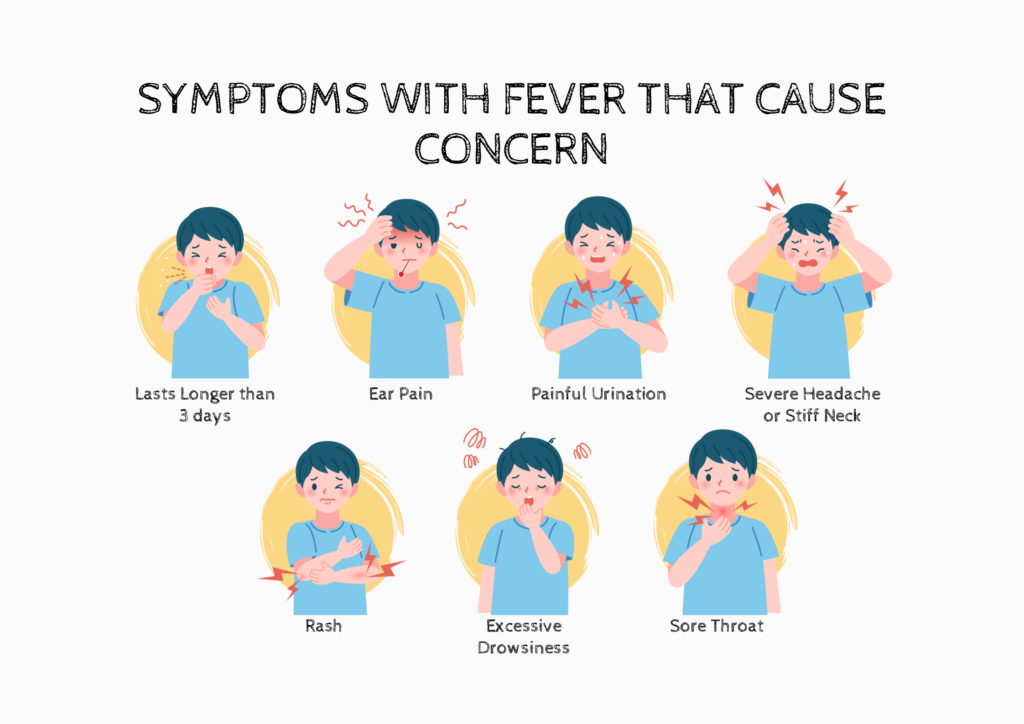Epilepsy is a neurological disorder characterized by recurrent, unprovoked seizures, which are sudden bursts of electrical activity in the brain that can affect behavior, sensations, and consciousness. Understanding the causes, symptoms, and preventive measures for epilepsy is crucial for managing the condition effectively.
Causes of Epilepsy
Epilepsy can result from various factors, though in many cases, the exact cause is unknown. Here are some common causes:
- Genetic Factors:
- Some types of epilepsy are hereditary, passed down from one or both parents. Specific genes can increase a person’s susceptibility to seizures.
- Brain Injuries:
- Traumatic brain injuries, such as those from accidents or falls, can lead to epilepsy by causing damage to the brain.
- Stroke:
- Strokes, especially those affecting the brain’s blood supply, can cause brain damage, leading to epilepsy, particularly in older adults.
- Infections:
- Infections such as meningitis, encephalitis, or HIV can cause inflammation or damage to the brain, resulting in epilepsy.
- Developmental Disorders:
- Conditions like autism or neurofibromatosis can be associated with epilepsy.
- Prenatal Injury:
- Brain damage before birth, caused by infection, poor nutrition, or oxygen deficiencies, can lead to epilepsy.
- Tumors and Lesions:
- Brain tumors or abnormal growths can disrupt normal brain function, leading to seizures.
- Substance Abuse:
- Long-term abuse of alcohol or drugs, or sudden withdrawal, can trigger seizures and potentially lead to epilepsy.

Symptoms of Epilepsy
The symptoms of epilepsy vary depending on the type of seizures experienced and which part of the brain is affected. Common symptoms include:
- Seizures:
- Seizures are the primary symptom of epilepsy and can vary in intensity and type.
- Focal (Partial) Seizures: Affect only a part of the brain. Symptoms may include unusual sensations, changes in emotions, muscle spasms, or twitching.
- Generalized Seizures: Affect the entire brain and may cause loss of consciousness, stiffening or jerking movements, and convulsions.
- Loss of Consciousness or Awareness:
- Some seizures can cause a temporary loss of consciousness or awareness. The person may not remember the event afterward.
- Aura:
- An aura is a warning sign that some people experience before a seizure. It can include sensations such as unusual smells, tastes, feelings of déjà vu, or visual disturbances.
- Sudden Confusion:
- The person may experience sudden confusion, disorientation, or an inability to respond during a seizure.
- Muscle Stiffness or Jerking Movements:
- Muscles may become rigid or jerk uncontrollably during a seizure.
- Psychological Symptoms:
- Some seizures may cause feelings of fear, anxiety, or a sense of impending doom.
Prevention of Epilepsy
While epilepsy itself cannot always be prevented, certain measures can help reduce the risk of seizures and manage the condition more effectively:
- Avoid Head Injuries:
- Wearing helmets during activities like biking or contact sports and using seat belts in vehicles can help prevent head injuries that might lead to epilepsy.
- Control Risk Factors:
- Managing conditions like high blood pressure, cardiovascular disease, and diabetes can reduce the risk of strokes, which can lead to epilepsy.
- Vaccinations:
- Vaccinating against infections like meningitis and encephalitis can help prevent brain infections that may cause epilepsy.
- Regular Medication:
- For individuals diagnosed with epilepsy, taking antiepileptic medication as prescribed can help control seizures and reduce their frequency.
- Healthy Lifestyle:
- Maintaining a balanced diet, getting adequate sleep, and avoiding excessive alcohol or drug use can help prevent seizures in those with epilepsy.
- Stress Management:
- Stress is a known trigger for seizures. Practicing stress-relief techniques such as meditation, yoga, or deep-breathing exercises can be beneficial.
- Avoid Triggers:
- Identifying and avoiding known seizure triggers, such as flashing lights, lack of sleep, or certain medications, can help prevent seizures.
- Prenatal Care:
- Pregnant women should receive regular prenatal care to minimize the risk of complications that could lead to epilepsy in their children.
Conclusion
Epilepsy is a complex disorder with various causes and symptoms. While it cannot always be prevented, understanding the risk factors and triggers can help manage the condition more effectively. With proper treatment, lifestyle adjustments, and preventive measures, many people with epilepsy can lead full and active lives.





